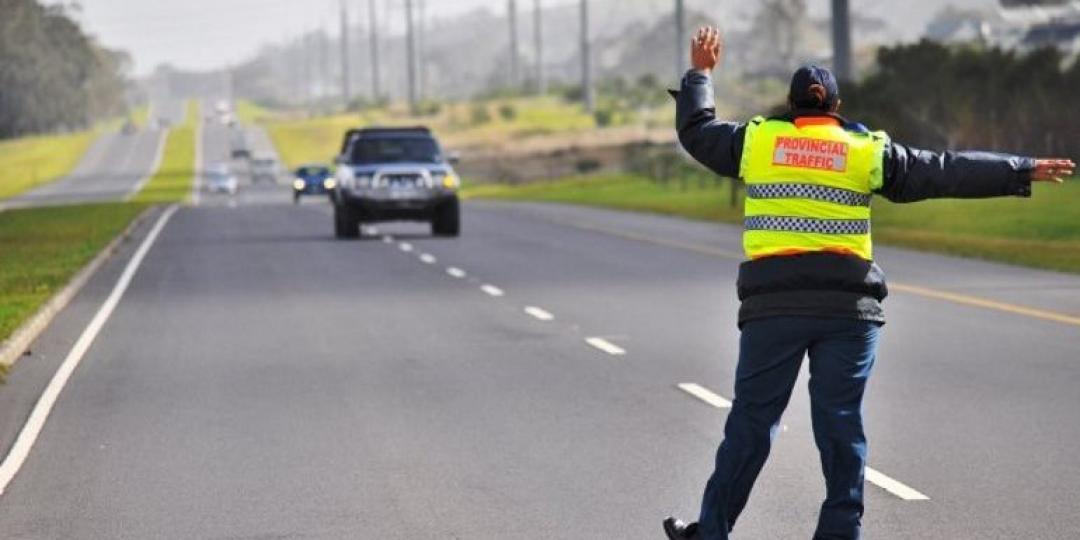As drivers gear up for the introduction of the zero-tolerance drunk driving regulation once the National Road Traffic Amendment Bill has been passed, questions have been raised about enforcement and the possibility of ‘false positives’.
Rhys Evans, MD at ALCO-Safe, says that while the rationale for reducing the permissible blood alcohol level to 0% is understandable, it becomes problematic if the officers entrusted with enforcing the new law have not undergone extensive training.
“The training must include in-depth information on alcohol in the body, how it absorbs into the body, and how it is removed from the body,” says Evans. “Another important factor that officers need to understand is what substances contain alcohol that could potentially lead to a mouth alcohol positive test rather than a blood alcohol positive test.”
Evans explains that alcohol coming from the mouth is not indicative of intoxication. “Therefore, it’s important for those enforcing the new laws to properly understand the difference between alcohol coming from a person’s mouth and alcohol coming from the blood in a person’s lungs. A motorist tested at a roadblock could yield a false positive result unwittingly due to certain cough medicines, toothpastes or food products that contain trace amounts of alcohol if they are tested by untrained officials.”
He believes untrained officers are less likely to understand the laws and why they are in place. They are most likely going to be less confident in what they are doing, and therefore more likely to be convinced to take bribes rather than follow the correct procedures.
Analysing why the current system is failing and addressing those problems before passing a new law that will be hampered by the same problems as the old laws - and possibly new problems as well - would be a far better option, says Evans. “We don’t necessarily need harsher laws to reduce dangerous driving behaviour. Instead, we need to increase the effectiveness of enforcement. This involves measures such as 24/7 traffic policing and testing motorists by means of regular roadblocks all year round, not just during the festive season.
“Active monitoring of the officers conducting the testing is needed to make sure they are not taking bribes is of utmost importance. It doesn’t matter if you have a zero-alcohol limit if the officers trusted to enforce the limit would rather take a bribe.”













